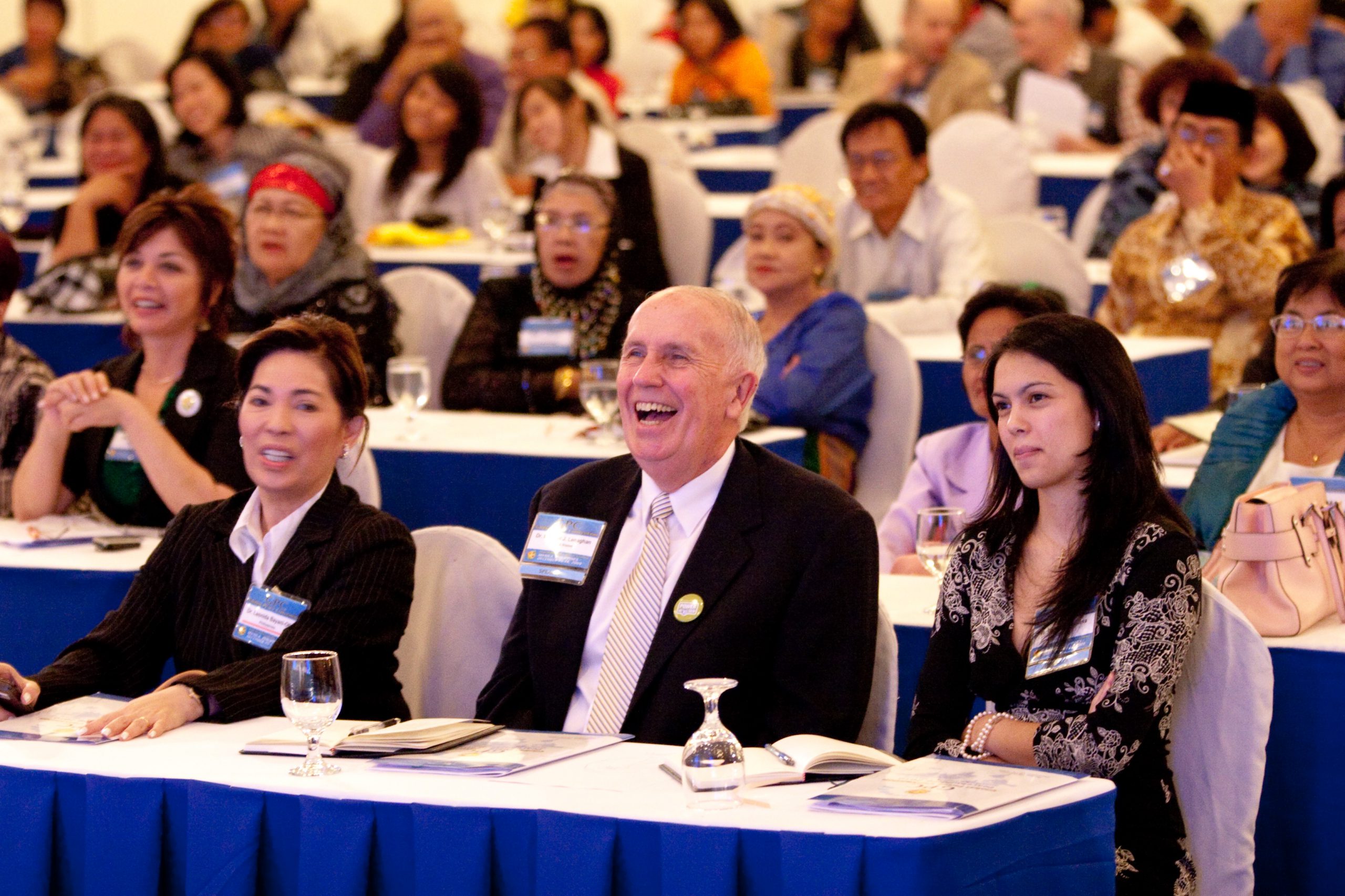Image Source: Google
Communities around the world face various challenges that threaten their peace and stability. In order to promote harmony and foster positive change, it is essential to engage in community peace building initiatives. By empowering individuals within the community to take proactive steps towards resolving conflicts and building relationships, lasting transformations can occur. This article explores the importance of empowering change through community peace building initiatives and highlights effective strategies for engaging community members in this important work.
The Importance of Community Peace Building
Peace building within communities is crucial for creating a safe and harmonious environment where individuals can thrive. By addressing conflicts and promoting understanding among community members, peace building initiatives can help prevent violence, strengthen relationships, and promote social cohesion. Here are some key reasons why community peace building is essential:
1. Promotes Conflict Resolution
- Community peace building initiatives provide individuals with the tools and skills needed to resolve conflicts in a peaceful and constructive manner.
- By promoting dialogue and understanding, communities can address underlying issues that contribute to conflict and work towards sustainable solutions.
2. Fosters Relationship Building
- By engaging in peace building activities, community members have the opportunity to build relationships based on trust, respect, and cooperation.
- Strong relationships within the community can help foster a sense of belonging and unity, reducing the likelihood of conflicts arising.
Strategies for Engaging Community Members
Engaging community members in peace building initiatives is essential for creating sustainable change within a community. By involving individuals in the process and empowering them to take ownership of the initiatives, the impact of these efforts can be maximized. Here are some effective strategies for engaging community members in peace building:
1. Promote Inclusivity
- Ensure that all members of the community have a voice and are included in the peace building process.
- Encourage participation from diverse groups to ensure that the perspectives and needs of all community members are considered.
2. Provide Training and Education
- Offer training sessions and workshops to equip community members with the skills and knowledge needed to effectively participate in peace building activities.
- Provide education on conflict resolution, communication skills, and other relevant topics to empower individuals to address conflicts in a constructive manner.
3. Create Opportunities for Collaboration
- Facilitate opportunities for community members to collaborate on peace building projects and initiatives.
- Encourage teamwork and partnership to promote collective problem-solving and create a sense of shared responsibility for building peace within the community.
Empowering Change Through Community Engagement
Empowering individuals within a community to take an active role in promoting peace and resolving conflicts can lead to transformative change. By engaging community members in peace building initiatives and providing them with the necessary support and resources, communities can work towards creating a more peaceful and harmonious environment for all. It is through collective action and shared commitment that lasting peace and positive change can be achieved.
Key Benefits of Empowering Change Through Community Engagement
- Builds a sense of ownership and responsibility within the community.
- Fosters a culture of collaboration and cooperation among community members.
- Promotes a sustainable and inclusive approach to peace building.
- Strengthens relationships and trust among community members.
- Empowers individuals to take proactive steps towards creating positive change.
Overall, empowering change through community engagement is key to fostering a culture of peace and resilience within communities. By working together towards common goals and supporting one another in times of conflict, communities can create a foundation for lasting peace and prosperity.
